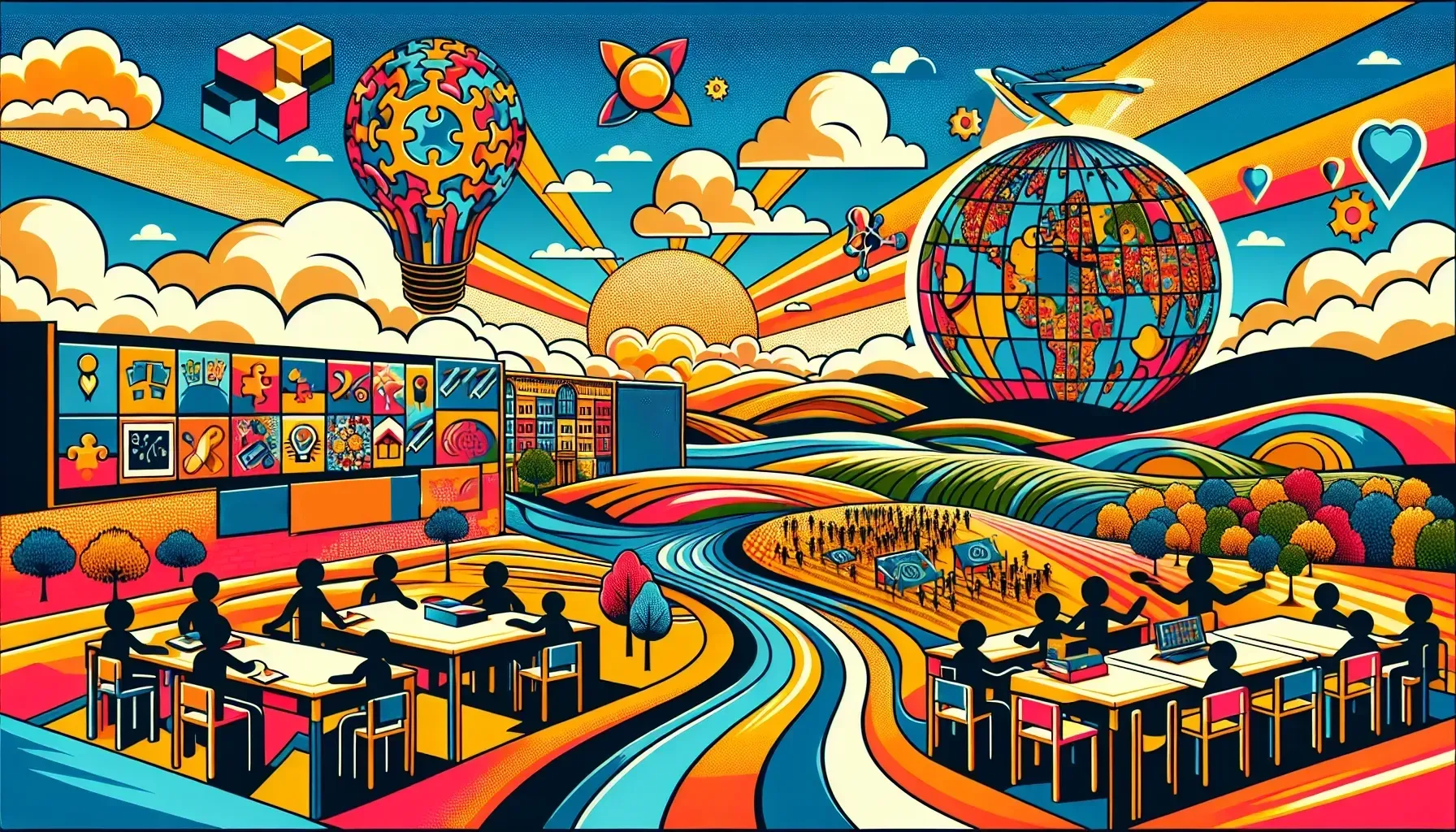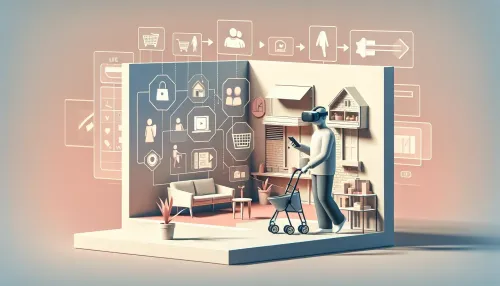Creative Problem-Solving: Crowdsourced Strategies in Educating Autistic Children

Educating autistic children presents unique challenges that require innovative solutions. At the HorizonsMind Blog, we understand this necessity and advocate for a collaborative approach to education that pools global insights and experiences. As we delve into crowdsourced strategies in educating autistic children, we shall explore how harnessing collective intelligence can create positive outcomes for these learners.
Collaborative Curriculum Design for Autistic Education
Curriculum design for autistic students often demands a personalized touch, taking into account the diverse needs of each child. By collaborating with educators around the world, we can develop a rich curriculum that reflects a multitude of successful strategies. The HorizonsMind Blog emphasizes the importance of incorporating global input from teachers, therapists, parents, and even autistic individuals themselves to craft a truly comprehensive educational program.
Knowledge sharing is a powerful tool in autism education. Through forums, webinars, and online repositories, educators can access an array of shared resources lesson plans, visual aids, sensory integration tools that are not just effective but tried and tested across different cultures and classroom settings. This shared knowledge empowers teachers to experiment with new techniques and find what works best for their students.
Empowering Educators with Shared Knowledge and Resources
One size does not fit all when it comes to autism learning methods. By embracing a synergy of perspectives from various experts and practitioners, educators can diversify their teaching methods. The integration of structured learning with play-based approaches or technology-assisted programs offers a range of possibilities that can cater to the unique strengths and interests of autistic children.
Imagine treating the entire global community as an extended classroom. Crowdsourcing in autism education allows just that. Innovative projects can be designed where input from various stakeholders informs real-time learning experiences. This form of interactive pedagogy can readily adapt to the evolving understandings of autism and educational psychology.
Related Article: Autism and Education: Enhancing Learning for Autistic Children
Diverse Approaches to Autism Learning Methods
Through collective efforts, innovations such as virtual reality experiences for social skills development or AI-powered speech therapy apps emerge. These cutting-edge tools are often born from crowdsourced initiatives where developers and educators co-create solutions tailored for autistic students. The HorizonsMind Blog champions these collaborative ventures as they bring global classroom innovation into local educational settings.
Community-sourced educational games and activities offer rich learning avenues tailored to autistic children's needs. User-generated content platforms encourage creators to contribute games that focus on areas like communication, behavior modification, and cognitive skills development. Reviews and feedback from users help refine these offerings over time, ensuring high efficacy and engagement.
Crowdsourcing as a New Pedagogy in Autism Education
Finally, bringing together collective contributions from around the world helps bridge gaps in understanding autism. Sharing success stories, intervention strategies, and research breakthroughs on platforms like the HorizonsMind Blog creates a tapestry of insights that benefits the entire community involved in educating autistic children.
In essence, educational landscapes for autism resemble worldwide workshops where expertise is pooled to optimize learning environments. Cultivating this participatory culture fosters inclusive education practices that celebrate diversity and promote individual growth. It's an approach where every voice matters and where every contribution brings us closer to understanding the best ways to support autistic students on their learning journeys.
Engaging communities for real-time learning experiences
By leveraging these crowdsourced strategies within the realm of autism education, we contribute toward an evolutionary leap in how learning is facilitated for neurodiverse populations one where inclusion isn't merely an ideal but an actionable reality reflected in every classroom across the globe.
Frequently Asked Questions
Crowdsourced strategies involve gathering insights and experiences from a global community to enhance education for autistic children. This collaborative approach allows educators, parents, and professionals to share effective techniques, resources, and innovative ideas, creating a more inclusive and effective learning environment tailored to the diverse needs of autistic learners.
Educators can significantly benefit from shared knowledge by accessing a wealth of resources such as lesson plans, sensory tools, and teaching strategies that have been tried and tested across various cultures. This exchange empowers teachers to experiment with new methods, enhancing their ability to meet the unique needs of their autistic students effectively.
Collaboration is crucial in designing curriculum for autistic students as it incorporates diverse perspectives and successful strategies from around the world. By involving educators, therapists, parents, and autistic individuals in the process, the curriculum becomes more comprehensive and personalized, ultimately leading to better educational outcomes for each child.
Check Out These Related Articles

Revolutionizing Autism Education: The Dawn of Personalized Learning Environments

Reimagining Autism Education: Innovations in Multisensory Learning Environments

Inclusive Education: Tailoring Learning Pathways for Varied Autistic Profiles
